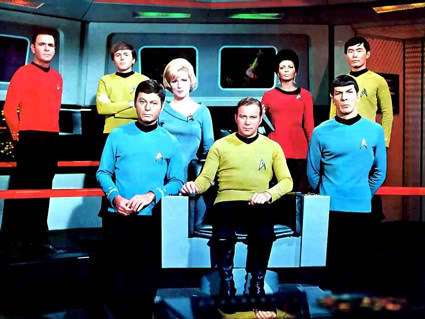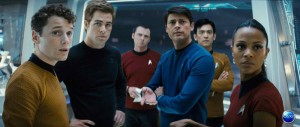 People often use the words “writer” (or “author”) and “storyteller” interchangeably, but I would argue they aren’t always synonyms.
People often use the words “writer” (or “author”) and “storyteller” interchangeably, but I would argue they aren’t always synonyms.
This goes back to a conversation I had with a schoolmate in college about Stephen King. She made the statement that King wasn’t a great writer, but he was a great storyteller. I knew what she meant instinctively. It required a fairly nuanced definition and understanding of these terms.
To put it simply: a writer is someone who is excellent with the stylings and mechanics of language, whereas a storyteller is someone whose tales can compel and interest audiences.
We’ve all at one point or another read (or seen) stories that excelled at one of these areas at the expense of the other. A book/author may have great “purple prose,” as we in the industry like to call it, but the story itself is boring, trite, and /or cliché. In other words, it’s style at the expense of substance. It’s a common complaint with many modern blockbuster films, which often seem more interested in fancy cinematography and eye-popping special effects than in telling a story.
On the other hand, there’ve also been stories that are irresistible page-turners but are either hampered by writers who lack the talent to tell them well or writers who choose to use cheap tricks in telling them. To put it another way, the stories have great ideas that don’t find full expression because the author is either unable or unwilling to have them reach their full potential. To use a film as an example of the former, I’d site 1986’s Highlander, which had a great world and concepts but was hampered by almost borderline schlocky filmmaking. For the latter, I would cite The Da Vinci Code by Dan Brown as an example. It was a fast-paced page-turner, but it relied on things like cheap cliffhangers at the end of chapters (i.e. “He opened the door, and…”) in order to keep people reading.
In order to be a truly great author, one must strive to be both a good writer and a good storyteller. This, admittedly, is a difficult thing to achieve, especially when improving each area requires different exercises. Style and mechanics can be developed through education and practice. Reading books like The Elements of Style and studying other authors’ writing styles can help one become a better writer (just make sure you don’t copy other authors to the point you become a watered down version of them, which will get you nowhere). However, becoming a better storyteller is a bit more difficult. It requires learning how to generate ideas and/or looking for new spins on old concepts. This is the sort of stuff editors are looking for when they hear pitches from authors. Perfect grammar and poetic prose will only get them so far; what truly matters to them is, “What is the story?” This, as my schoolmate hinted at, is probably what propelled Stephen King through most of his career. He has an uncanny ability to dream up compelling concepts, most of which involve making everyday objects terrifying.
In the world of speculative fiction franchises, there are often creators who fit into one category or the other. People like Gene Roddenberry, creator of Star Trek, and (more infamously) George Lucas, creator of Star Wars, were incredible world-builders and visionaries, but they weren’t the best writers. They needed to surround themselves with other people to help fill in their gaps. It was when they tried to overstep the bounds of their talent that things would go wrong. That, too, is another way to help yourself as an author: have people around you who can help fill in your blind spots. These usually come in the form of beta/alpha readers and fellow writers. It’s also a great way to build community, and God knows writers need as much community as they can get, what with their penchant for working in solitude.
Am I splitting hairs with this? What do you think is the difference between a writer and a storyteller, if any? Which end of this spectrum are you on? What advice would you give about filling in your gaps as a creator?


